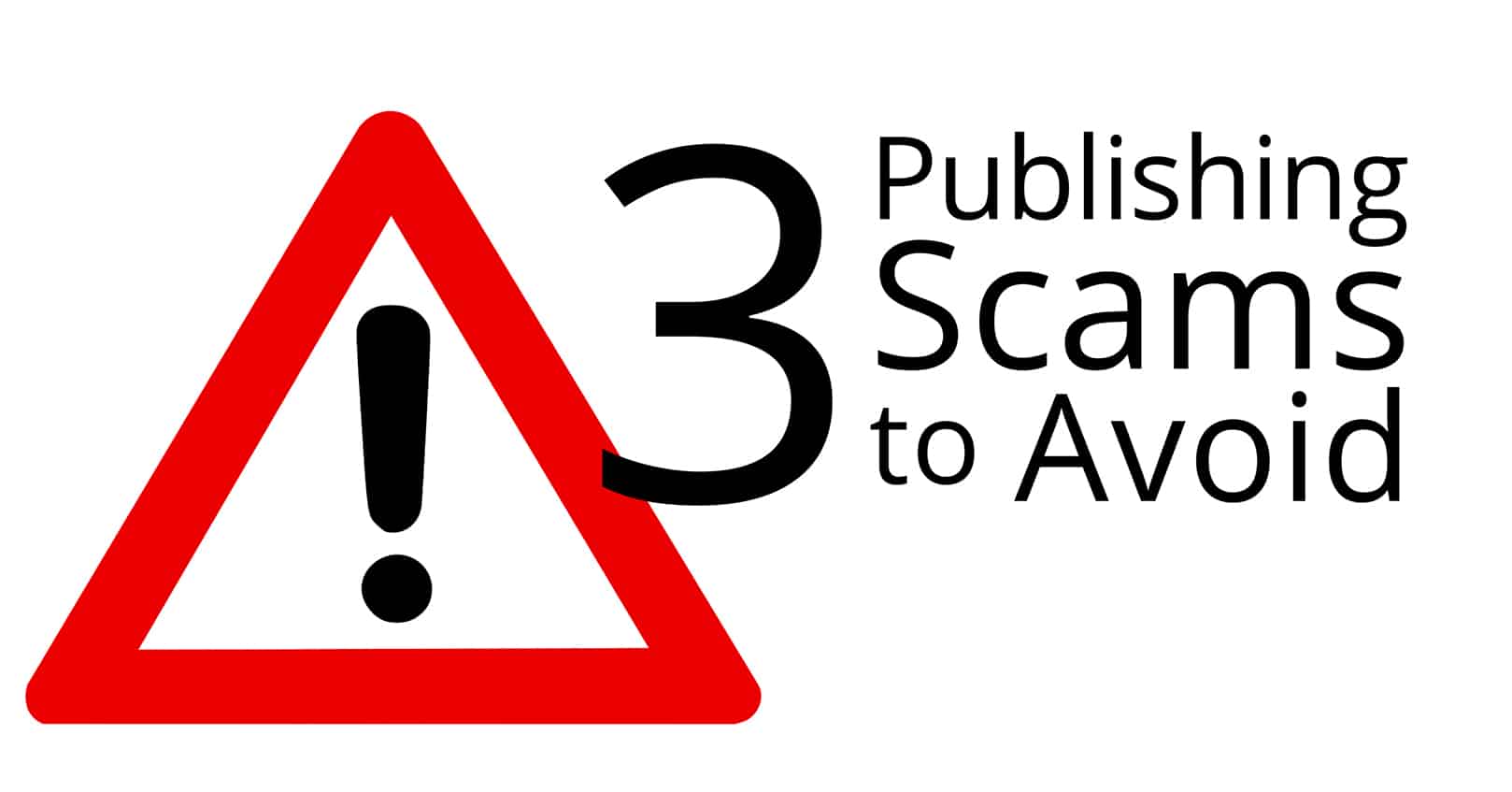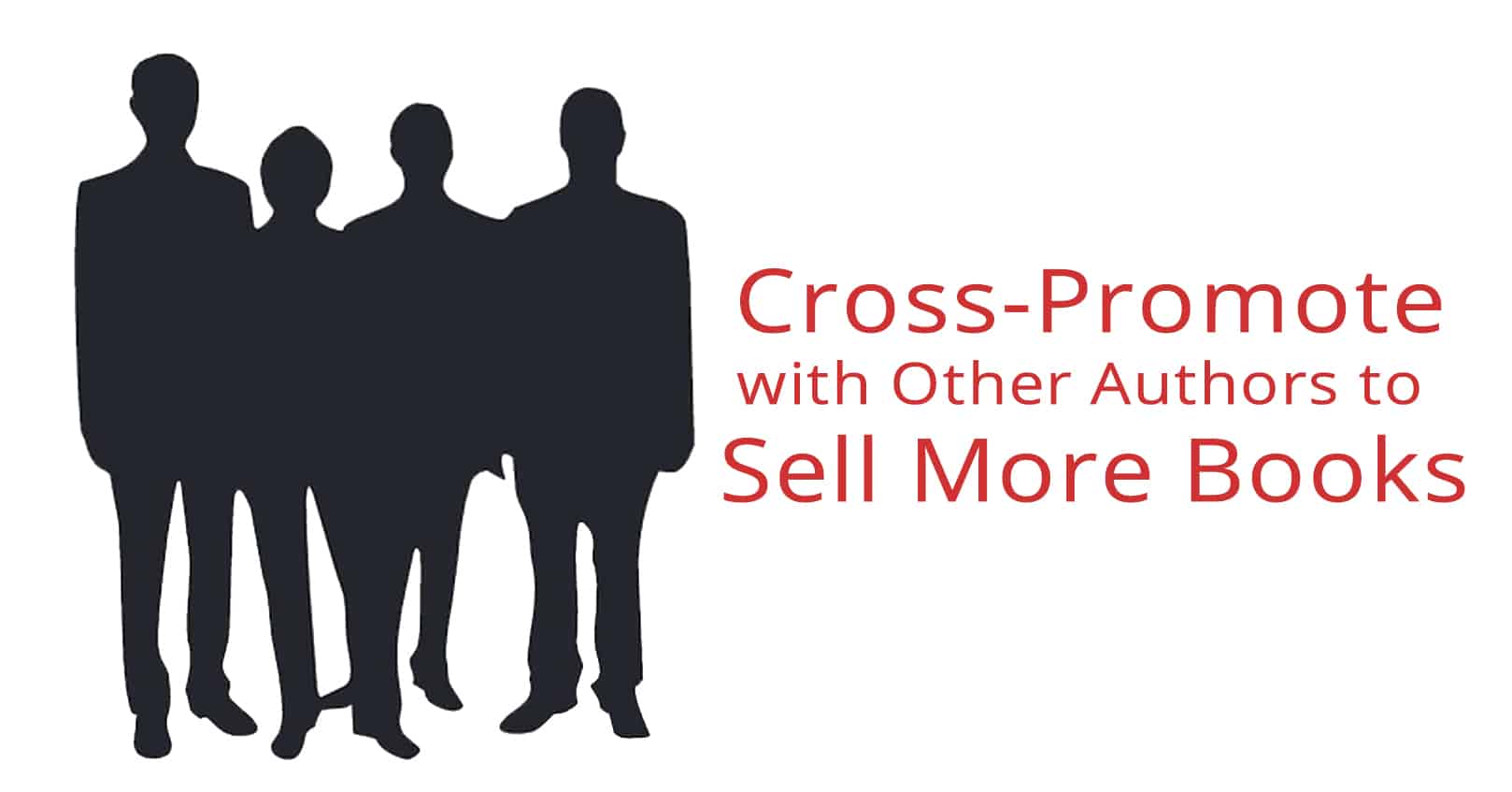
As an author, you want to get your work out there, and there are a lot of people who may try to take advantage of you. Watch out for these different publishing scams before entering into an agreement with any company or individual.
1. A Vanity Press Wants to Publish Your Book
Vanity presses will take care of editing, cover creation, print and ebook design, and distribution, but they require authors to foot the bill for these services, while still giving away the bulk of their book royalties. The product they return will often be of poor quality, and you’ll have little influence on the end result.
Now, this isn’t to say that all small publishers are bad; there are some really great ones out there. But if you’re publishing your book with a small publisher, be sure that they are paying for the production and publishing costs, that you’ll get input on the creation process, that there isn’t a “minimum sales” requirement in the contract, and that you’ll get paid fair royalties. If a company isn’t willing to invest any money getting the book ready for publishing, they are not going to do much to publicize it either. Instead, most of the money they’ll make is before publication at the author’s expense.
There are also companies out there that exist to help you self-publish a book (“assisted self-publishing services”); they are similar to vanity presses in that they provide the services, but you pay for the production costs. However, unlike a vanity press, you still have control over the creation process, you own all the intellectual rights to the book, you’ll receive a high-quality product, and you keep all your royalties. If you’re looking for a reputable assisted self-publishing service, be sure to check reviews on that service, look at the books they have produced (check on retailers like Amazon, not just on their website), and go over their contract carefully to ensure you keep the intellectual rights and they don’t get royalties. This way, you can catch any vanity press disguising itself as an assisted self-publishing service. If you pay for assisted self-publishing services, we recommend you get all your files from them and upload the files yourself to retailers; that way you have control over the pricing and the blurb—and you can makes changes whenever you wish without going back to the company who created it.
2. A Fake Editor Offers to Edit Your Book
Beware of unsolicited offers from editors (or, really, from anyone offering to help prepare your book for publication). There are scammers who pose as editors, and once you send them your book, they’ll take your deposit and run, or at worse, they may (rarely) plagiarize your hard work. So if you’re looking for an editor, find one who has a nice website with samples of their work and good reviews. You should also ask for references of published authors whose work they have edited, so you can check out the quality of the editing and contact the authors yourself to see how they feel about the editor.
Some readers may offer to edit your book and will often give you a list of errors they found in a current novel. Depending on the pricing, you may want to try out these “editors” on a trial basis (with them editing a sample first without pay, and then subsequently paying them an agreed amount after editing is complete). Inexperienced editors can be nourished into great editors you can depend on, but be skeptical of people contacting you. If you send five sample chapters to be edited, and they come back with only ten suggest changes, they probably don’t have the skills to give you a thorough edit and should be used only as a beta reader or reviewer.
Keep in mind that reputable editors will often require an editing deposit up front so that they don’t waste hours editing only to be stiffed by an author who never intended to pay.
3. A Bad Marketing Company Offers to Market Your Book
There are a lot of marketing companies out there who’ll say they can get your book noticed, when in fact, they can’t. Again, beware of unsolicited offers. A legitimate marketing company will have a nice website, without ads on the landing pages. They’ll have reviews from authors and a following on social media. Often, they’ll have an introductory offer for new authors so you can try out their services.
To Sum Up…
Be wary of unsolicited offers, check reviews and references, and ask questions before paying for services!
Do you have any tips for avoiding publishing scams?















I am interested in getting my book published